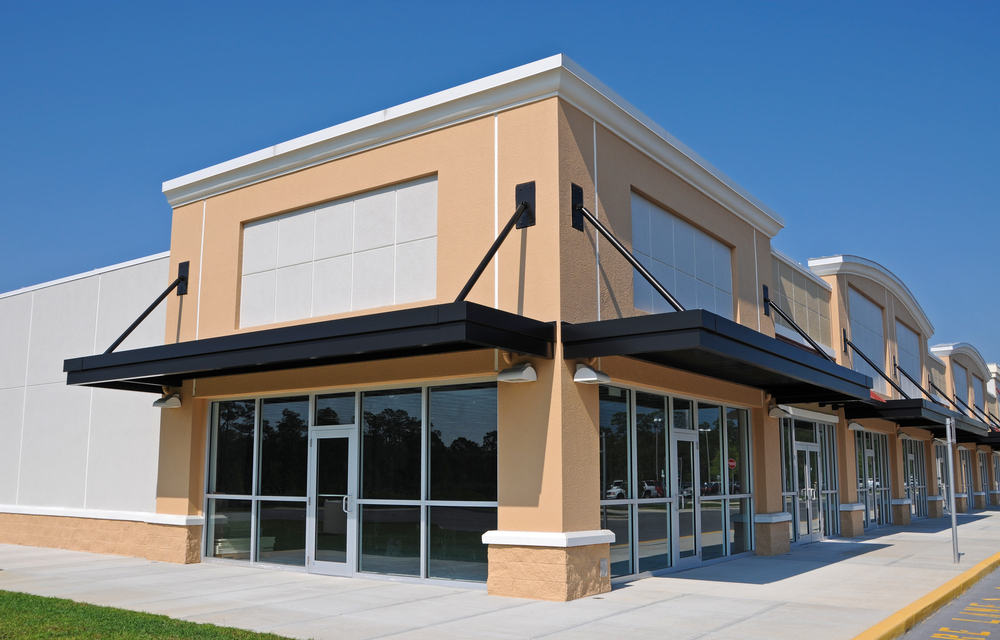BLOG
Landlords leasing property in Florida must be mindful of preserving their interests against potential liens that result from improvements made to the premises occupied by tenants. A framework exists to protect the landlord’s property from possible construction liens and it is provided by Section 713.10, Florida Statutes. An overview of the main steps that landlords must follow is given below.
Agreement Between Lessor and Lessee
Section 713.10, Florida Statutes provides that when an improvement is made by a tenant per an agreement between the tenant and landlord, the construction lien extends to the landlord’s interest. However, the section also provides that a landlord’s lease can expressly provide that the landlord’s interest will not be subject to liens for any improvements made by the tenant. In this case, the tenant is statutorily required to notify the contractor of such provision in the lease. If the tenant fails to notify the contractor of such terms, the construction contract between the tenant and contractor is voidable. Typically, landlords include the exculpatory language provided in Section 713.10 in all their leases.
Recording and Specific Language Requirements and Recorded Notice
There must be clear language in the lease that restricts the landlord from being held liable for any improvements made by the tenant or their contractors. In addition, the statute also requires that there be recorded notice of the existence of the exculpatory language. Typically, a blanket “Notice of Lease” is recorded on the property that contains the exculpatory language and puts all contractors, subcontractors and material suppliers on notice of the existence of the disclaimer. Landlords must ensure the attorney handling their lease protects them from the start to avoid future issues. The “Notice of Lease” must be recorded in the official records of the county in which the property is located, and must contain:
- The name of the lessor.
- The legal description of the property.
- The specific language from the leases prohibiting the filing of a construction lien on the landlord’s interest in the property.
- A statement confirming that all or most leases on the property include the lien prohibition language.
Responding to Demands from Contractors or Lienors
Contractors and potential lienors can demand a verified copy of the lease provision prohibiting their right to file a lien on the landlord’s property. The landlord must provide such copy within 30 days. Failure to do so, or providing a false or fraudulent copy, can result in the protections offered by Section 713.10 being eliminated and the landlord’s interest being subject to a lien if the contractor or lienor has otherwise complied with the other statutory requirements for filing a lien.
Steps for Landlords to Follow
- Include Exculpatory Language in all Leases
- Make sure that the terms of every lease explicitly exclude landlord liability for improvements made by tenants and prohibit the tenant’s contractors from filing a lien on the landlord’s interest in the property. This should be straightforward.
- Record a Blanket Notice of the Prohibition
- A blanket notice can cover multiple leases within a property. This notice should be recorded in the county’s official records and include all necessary details as stipulated by Section 713.10. This is required to put all potential lienors on record notice.
Conclusion
By following these steps, landlords can significantly mitigate the risk of liens on their property arising from tenant improvements. Proper lease language, strategic recording of notices and understanding their legal obligations are essential measures for effective protection under Section 713.10, Florida Statutes.

